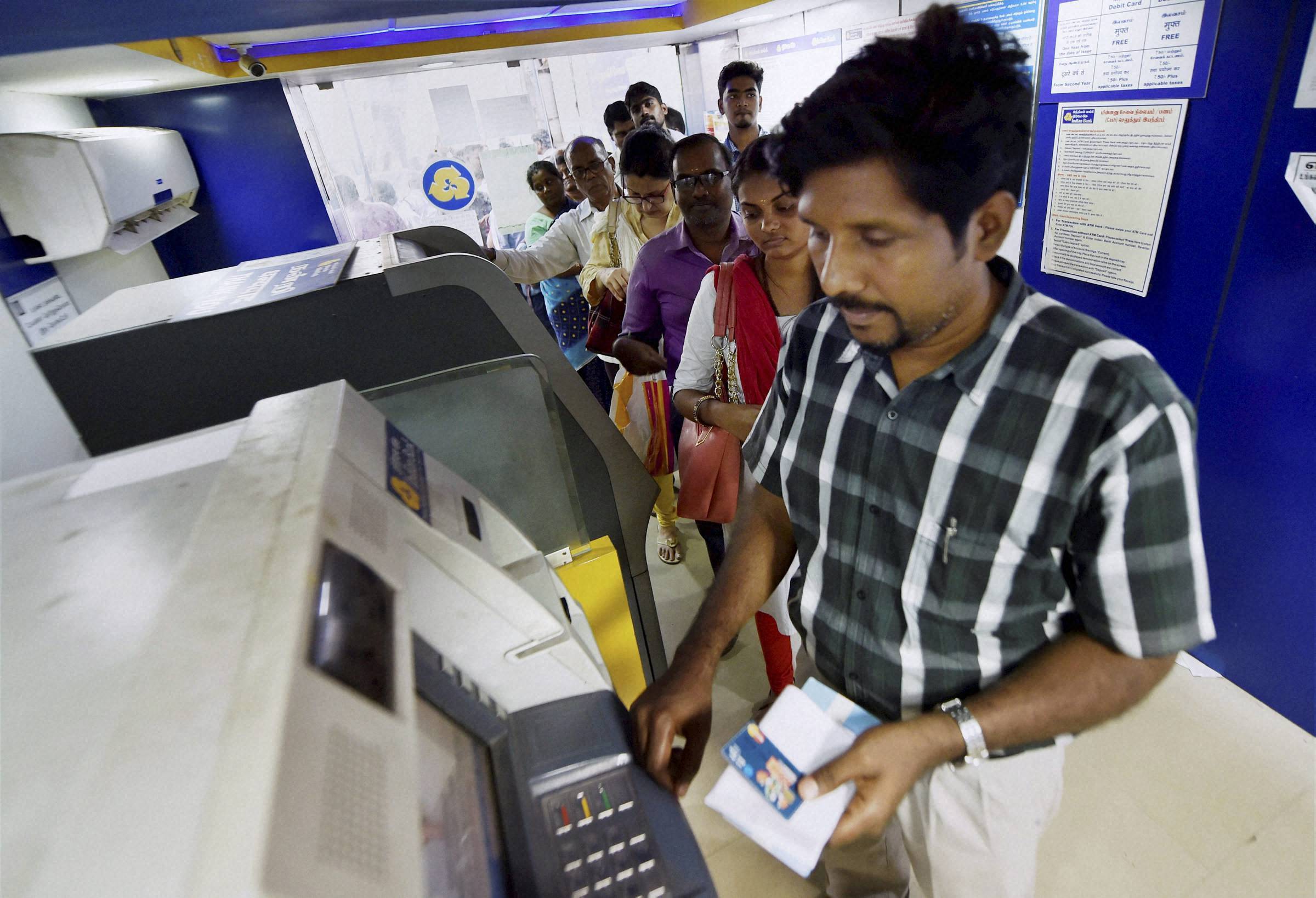
New Delhi: The statutory tax rates under the Goods and Services Tax (GST) Act have been announced and will be become effective from 1 July. These will replace all applicable indirect taxes.
While some goods and services are going to get cheaper, some are set to get taxed more. Currently, various financial services and transactions attract service tax, which will now be replaced by GST.
Under the current tax regime, service tax is a flat 15 per cent across all services. However, under GST it will have four slabs: 5 per cent, 12 per cent, 18 per cent and 28 per cent.
Here is how it will impact your investments and financial transactions. Financial services will come under the 18 per cent GST rate.
Impact on mutual funds
In case of mutual funds, expenses incurred by asset management companies (AMCs)-which impact a scheme's net assets value (NAV)-attract service tax. Many components of these expenses attract service tax. Once GST is implemented "the total expense ratio (TER) will have to go up," said Aashish P. Somaiyaa, managing director and chief executive officer, Motilal Oswal Asset Management Co. Ltd.
However, there is a cap on the expenses that AMCs can charge. "We wait for further clarification on this because at present service tax is charged on...custodian fees and registrar and transfer agent fees, apart from management fees. Now, if charges of all these sub-elements of TER go up because of hike in service charges, and the TER is not allowed to go up, then the only charge that would come down is management fees. This would hurt AMCs. Some intervention would be required," said Somaiyaa. "I see actual charges to investors going up by about 3-4 basis points," said Swarup Anand Mohanty, chief executive officer, Mirae Asset Global Investments (India) Ltd. One basis point is one-hundredth of a percentage point.
"The impact of the hike in service tax on portfolio management services fees will be felt by the investors," said a wealth manager who sells portfolio management services products. But investors don't have a choice because it is a statutory tax and you'll have to pay. "It's nothing new; I have seen service tax go from 10 per cent, to 15per cent and now to 18per cent, he added.
Impact on insurance policies
Premium for life insurance and general insurance policies are set to increase after the implementation of GST. In case of life insurance policies, the effective rate of service tax differs based on the type of policy you buy. While service tax is charged on the entire premium of a pure life cover plan, other products (such as Ulips and endowment plans) attract tax only on the charges levied.
"The tax on term plans has gone up from 15 per cent to 18 per cent. On Ulips, tax of 18 per cent will apply on the charges levied. For traditional savings and investment plans, the tax will go up from 3.75 per cent to 4.5 per cent of the premium in the first year and from 1.875 per cent to 2.25 per cent of the premium from second year onwards," said Vighnesh Shahane, chief executive officer and whole time director, IDBI Federal Life Insurance Co. Ltd. So, if the premium of your term insurance policy is Rs20,000 (including taxes), you will have to pay Rs600 more after 1 July.
"However, we may be entitled to additional credit against taxes that have been subsumed under GST. The law states that any benefit on account of input tax credit needs to be passed on to the consumers. We will work with the insurance regulator and the council on this; however, whether premiums fall overtime still remains to be seen," added Shahane.
General insurance policies could also get more expensive for the customers, with a hike in the tax rate from 15 per cent to 18 per cent. "This however could be offset by the input tax credit we would now be entitled to under the GST," said Gopal Balachandran, chief finance officer and chief risk officer, ICICI Lombard General Insurance Co. Ltd.
Impact on real estate
Because of high-value transactions, even a slight increase in taxes can substantially increase the costs of real estate. "Prima facie it looks like that there will be a neutral impact from the cost perspective," said Surabhi Arora, senior associate director, research, Colliers International India. Although, the work contracts will attract 12 per cent and most of the construction material is under 18 per cent and 28 per cent slabs, the availability of input tax credit should neutralize the overall impact. A lot will depend on the proper implementation and a system of claiming tax credits, he explained.
However, when you buy an under-construction apartment or hire a builder to build a house, you have to pay service tax on the cost of construction, which is calculated on 30 per cent of the property's value. And there is lack of clarity on whether this arrangement will continue or change.
Impact on banking services
Various services such as ATM transactions (after free transactions) and non-maintenance of minimum monthly average balance attract charges, which will now be taxed at 18 per cent instead of the currently applicable rate of 15 per cent tax. "The extra 3 per cent that will be charged to us will become a cost to us, no doubts about it," said Amit Sarkar, partner and head-indirect tax, BDO India, a tax advisory. But here too, the effect of tax credit offset is likely to soften the blow.